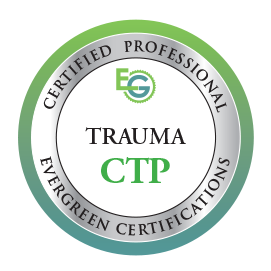 We are living in times where the level of human suffering on a global scale due is possibly unparalleled.
We are living in times where the level of human suffering on a global scale due is possibly unparalleled.
People are facing challenges like never before due to Covid-19 alone. This is just one example of a type of stressor and potentially trauma-inducing event that humans, including the very youngest of humans, may be facing daily in their lives.
Being trauma-informed is about recognising that many people are living with the legacy of one or more forms of trauma in their lives, whether or not you, or they may be aware of this.
As a provider of human services, the aquatics industry has a duty of care to, ‘first do no harm’. This means understanding the nature of traumatic stress, survivors in the context of their lives, and the role of coping strategies (1,2).
In this interactive session we explore the fundamentals of what it means to be trauma-informed in aquatics and why this potentially offers the highest level of safety, professionalism, and protection to all engaged in the industry, including workers and clients.
This session serves as the prerequisite for the session, ‘How to Implement and Embed Trauma-Informed Practice in your Swim School’
The duration of this session can be flexible to suit your needs, from a minimum time of a 60 min presentation including question/discussion time to a half-day interactive workshop comprising 2 x 90 min sessions.
1. Kezelman C.A; President Blue Knot Foundation. (2014). Trauma-Informed Practice. Mental Health Australia. Retrieved 8 June 2021, from https://mhaustralia.org/general/trauma-informed-practice
2. Kezelman C.A; Stavropoulos P.A. (2020). Blue Knot Foundation: Organisational Guidelines for Trauma-Informed Service Delivery. Retrieved 10 June 2021, from https://www.blueknot.org.au/Portals/2/Practice%20Guidelines/BlueKnot_Organisational_Guidelines.pdf




